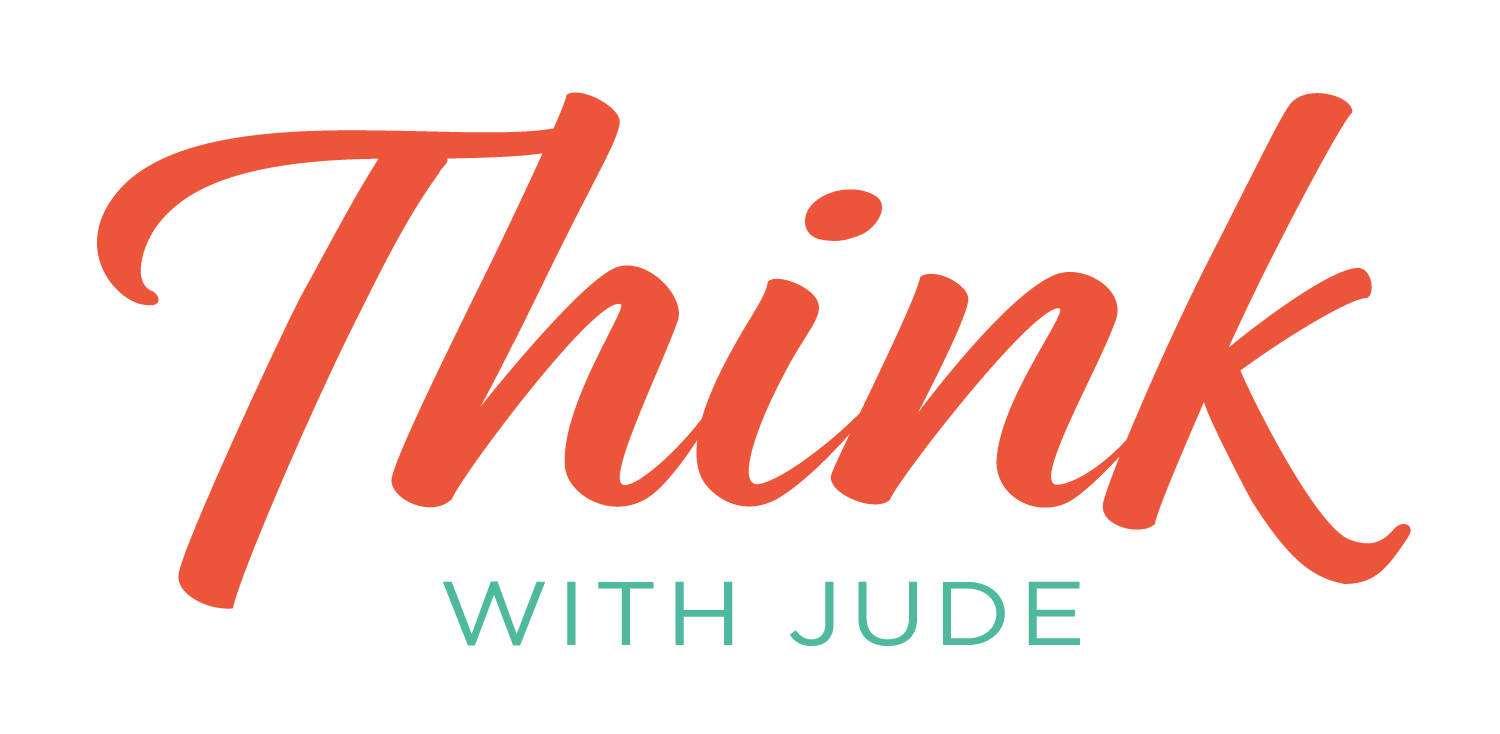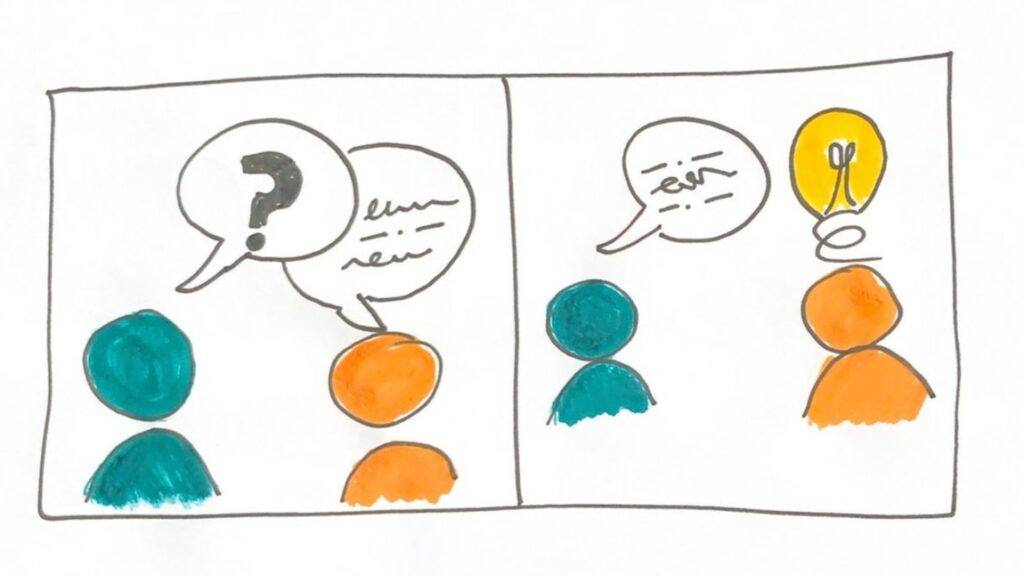Bad managers aren’t bad people
Bad managers are not bad people.
A recent study by the Chartered Management Institute reveals some eye-opening statistics about the challenges new and experienced managers face in the UK. Astonishingly, 82% of new managers receive no formal management or leadership training, and only a third of experienced managers have had any such training.
It’s a big jump to go from being a technical expert to managing a team of experts.
The sudden shift in roles can be disorienting for many managers.
They were once valued for their subject matter expertise, but now they’re expected to delegate tasks, which can feel impossible when it seems quicker to do things themselves.
This creates a dilemma – balancing quality and efficiency. It’s important to understand that bad managers aren’t inherently bad people; they’ve simply never been taught how to be effective managers.
Image Description : A person sitting on their bed with their small dog, holding a laptop and looking frustrated.
Image Credit: Photo by Alexander Grey on Unsplash
A coaching principle that is helpful for managers, or those aspiring to become one, is simple: “Ask first, tell last.”
Throughout your career, your value has often been tied to having all the answers. One manger I coached put it beautifully when he said, “I have spent my whole career making sure I knew all the answers, now my job is to help my team be the ones with the answers.”
He decided to adopt a curious approach by asking questions about the situation instead of telling people what to do. This empowered his team to find their own solutions, and he noticed them growing in confidence and capability.
Remember, being a good manager is about learning and growing into the role, and with the right training and approach, anyone can become an effective leader without losing their intrinsic goodness.
Never want to miss another letter? Click now to sign up for weekly tips on how to be more coach-like in your work, career and life.




